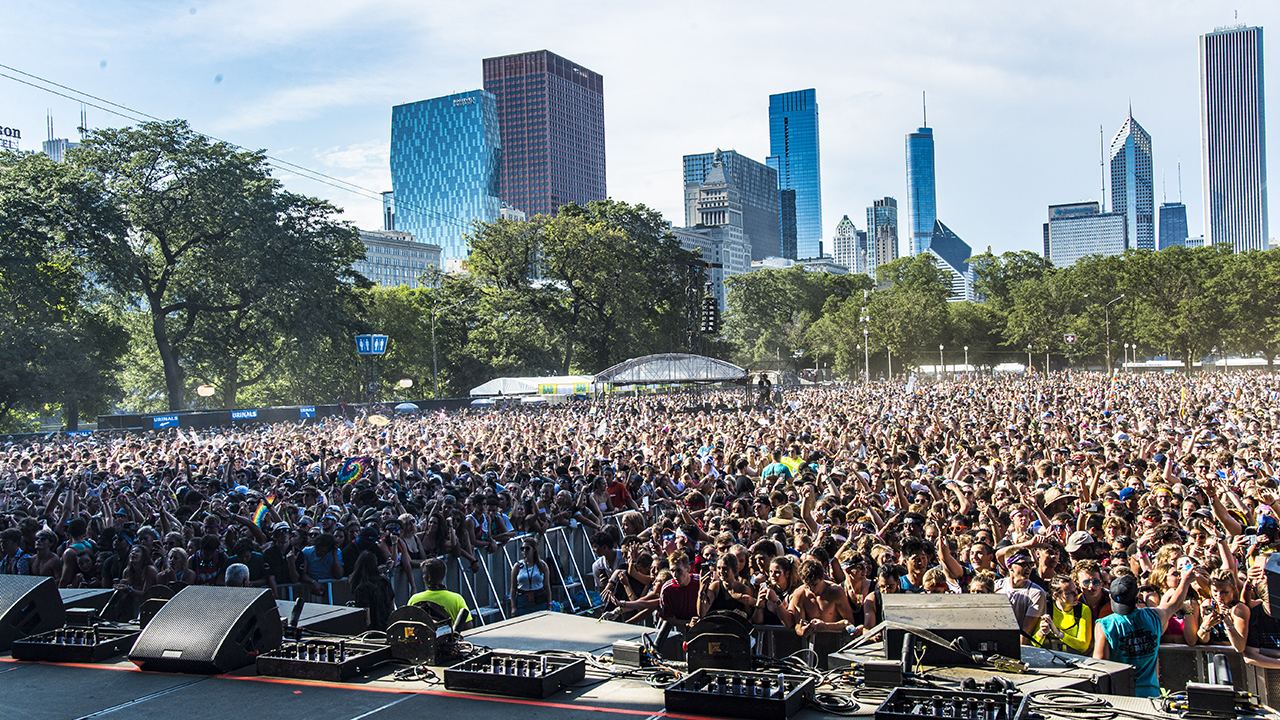What did this? The plant that can ruin your summer

UNION, Iowa -- When you venture outside this summer, be on the lookout for Wild Parsnip. The poisonous weed which grows in nearly all 50 states, including Texas causes burning and itching sensations.
Parsnip looks like a dill plant or Queen Anne's lace. It is yellow and can grow about four feet tall. Large patches of wild parsnip, also called poison parsnip, can be found in road ditches, fields, along bike trails and in prairie areas. In a short amount of time, it can take over an area and crowd out the native plants.
Wendy Prusha spotted the weed while cleaning up the creek outside her Union, Iowa home two weeks ago, pulling orange ditch lilies for a front porch decoration.
"I just got down, and I was digging them and got down to the roots," Prusha told KCCI.
What seemed like a harmless gardening task suddenly turned into a trip to the emergency room.
"It's a constant burning (feeling)," Prusha said. "It just bubbled up overnight. The oils sit on your skin. It eats away your skin."
The damage left blistered and cracked red skin on her forearm. Effects can last for weeks and scars can last for years. Chemicals in the juice of the poison parsnip react with sunlight and cause a breakdown of cells and tissues.
If you are exposed to a poisonous plant, the Centers for Disease Control recommends:
Immediately rinse skin with rubbing alcohol, poison plant wash, or degreasing soap (such as dishwashing soap) or detergent, and lots of water.
Rinse frequently so that wash solutions do not dry on the skin and further spread the urushiol.
Scrub under nails with a brush.
Apply wet compresses, calamine lotion, or hydrocortisone cream to the skin to reduce itching and blistering.
Oatmeal baths may relieve itching.
An antihistamine may help relieve itching. (NOTE: Drowsiness may occur.)
In severe cases or if the rash is on the face or genitals, seek professional medical attention.
Call 911 or go to a hospital emergency room if you have a severe allergic reaction, such as swelling or difficulty breathing, or have had a severe reaction in the past.




